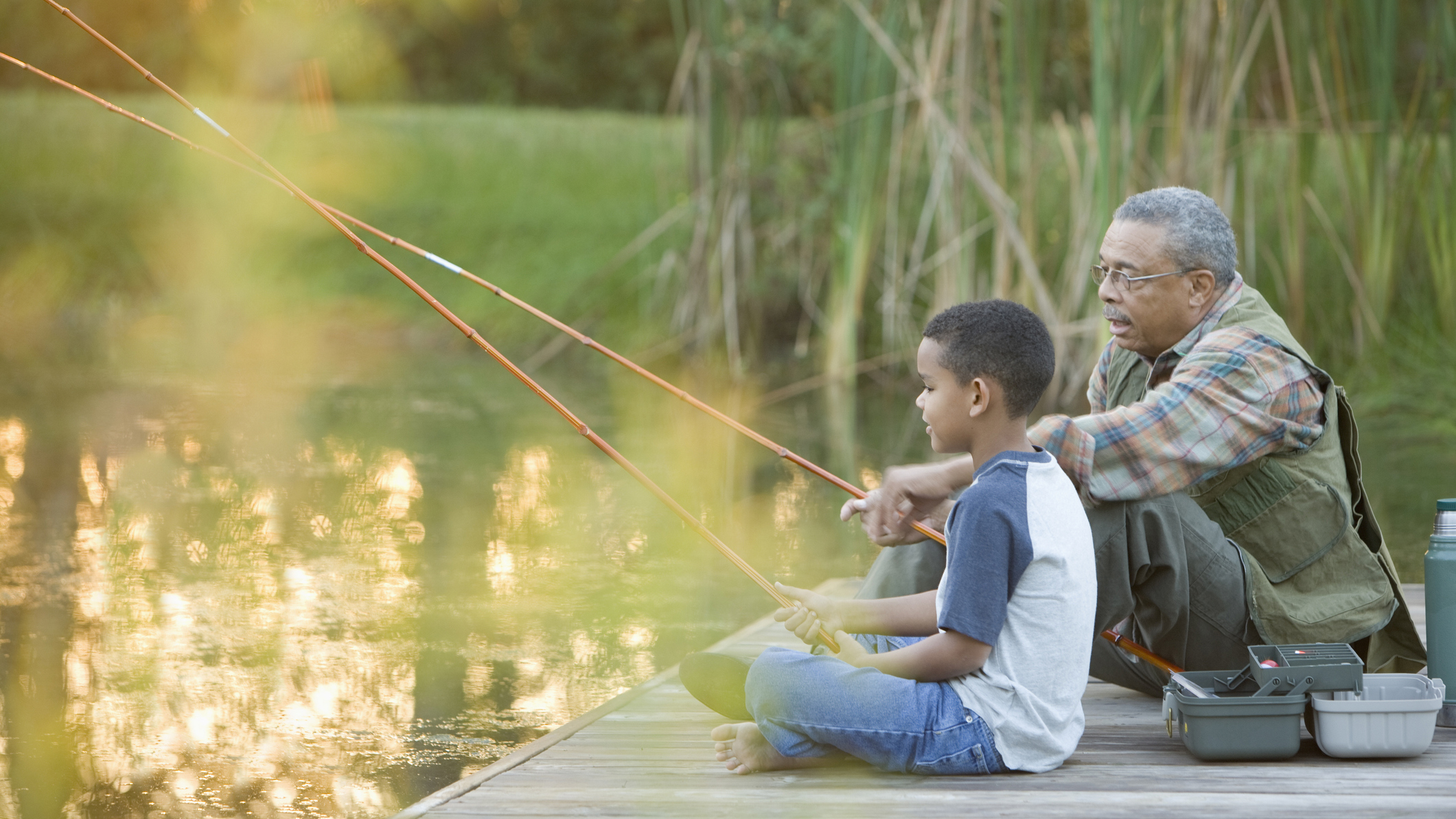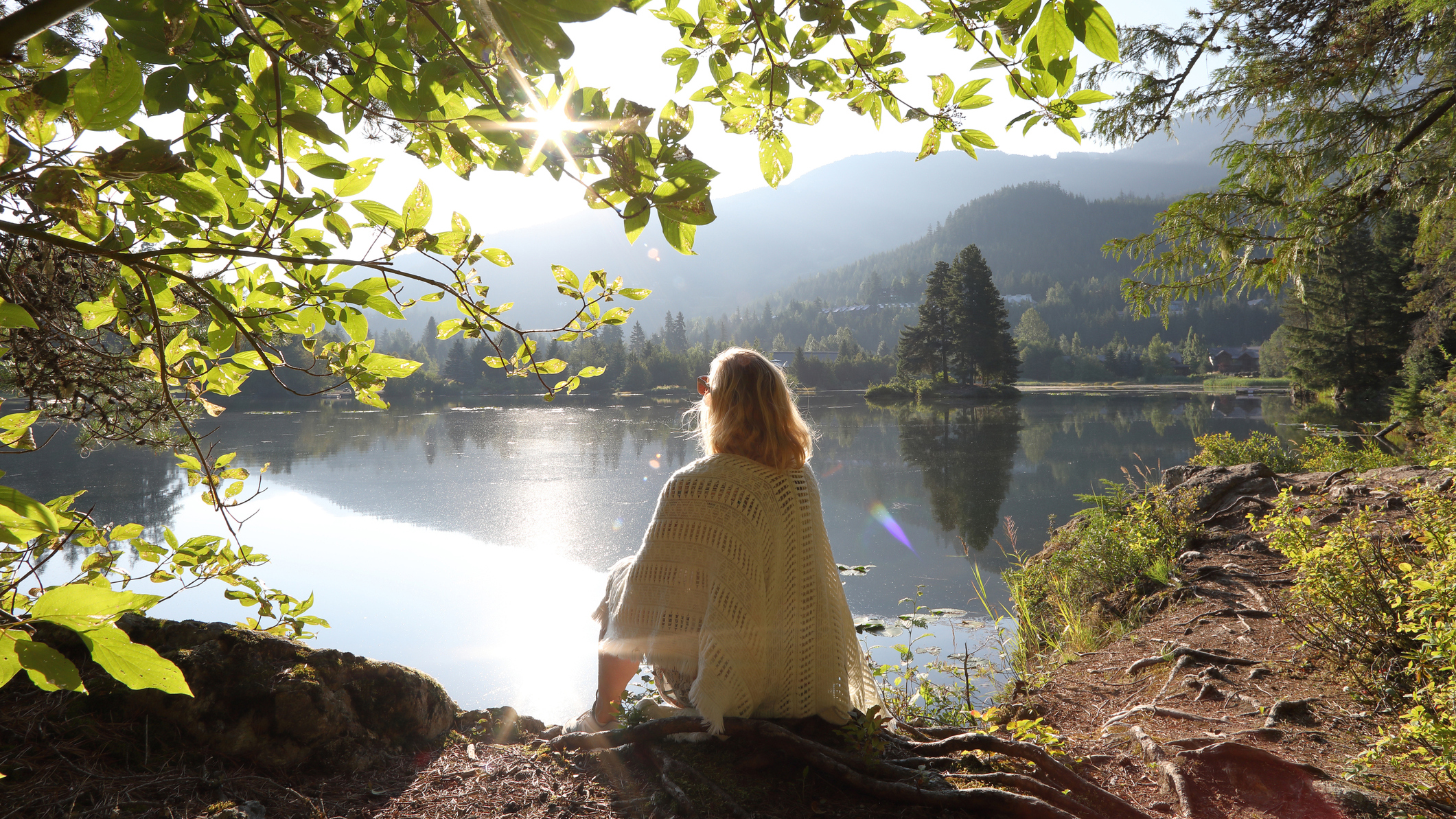The World Wildlife Fund (WWF) has teamed up with the Mental Health Foundation to produce a free e-guidebook exploring the powerful link between mental health and the outdoors. Thriving With Nature, available to download now, is aimed at adults and children, and strives to help people harness the mental health benefits of walking and to understand how being immersed in nature can help them feel happier and less stressed.
According to the Mental Health Foundation, the guidebook, ‘features ways nature can help us, how we in turn can help nature, plus activities to maximize the benefits we get from the nature on our doorstep, such as stargazing and tips to grow your own food.’
The Mental Health Foundation looked at existing studies that support a strong link between access to green space and a reduced risk of mental health problems, improved mood, and increased life satisfaction. The Foundation also commissioned a new study to look at the connection. The research found that:
- Six in ten respondents who had felt stress because of COVID-19 said going for a walk had helped them cope
- Half of adults surveyed who had felt stress because of COVID-19 said that being able to visit green spaces had helped them cope
- Reported benefits include reduced stress, and better physical health
The new guidebook is particularly welcome during a time when many of us might be experiencing mental health issues, including higher levels of stress, low mood, and figuring out how to manage anxiety we might be feeling over the coronavirus, job insecurity, or both of those plus many other issues.
How exactly does being in and around nature have a positive impact on our mental wellbeing? The Mental Health Foundation says that, ‘While the reasons spending time in nature is beneficial to us are still being understood, it is often related to how our senses connect us to the environment around us, from the shapes we see in nature to the scents that trees give off and the fact that nature can stimulate us, which helps our minds rest.’
Dr Antonis Kousoulis, Director for England and Wales at the Mental Health Foundation, added: “Growing evidence suggests that being in nature has a very positive effect on our mental health, providing protective and restorative benefits.”
It’s no small wonder that the best meditation apps are filled with nature sounds to help us find a greater sense of inner peace, or to be able to focus more on the present moment and let go of feelings of anxiety and stress.

Easy ways to spend more time in nature to boost your mental health
While the guidebook mentions specific green spaces in the UK, the wellness advice applies globally - mental health is a universal issue, and how nature can improve it works just as effectively in America as it does in Britain.
That stands up even if you live in a built-up city, so you don’t need to drive for hours to find a wide-open natural space - slipping on your fitness tracker and going for a walk in a local park will boost your mental and physical health. Gardening can improve your mental health too, so you don’t even need to leave home to reap the benefits.
William Baldwin-Cantello, co-author of Thriving With Nature, said: “We all need a nudge, a reminder or a guide to get outdoors when it will help us most. That is the aim of this guide - it offers ideas for things you can do, near and far from city life, plus a space for you to write, draw or do whatever helps you to be most aware in nature."
According to advice in the guidebook, interactions with nature can start even closer to home, from planting window boxes to introducing houseplants. Basically, even the smallest inclusions of nature around us can help us cope much better with stress, anxiety and low mood.
Practising mindfulness in nature is particularly powerful, with growing evidence suggesting that ‘forest therapy’ or ‘forest bathing’ (so spending time in a forest or arboretum and using all of our senses to observe our surroundings) may lead to improved mental health.
Here are some quick and easy ways to immerse yourself more in nature, and to give your mental health a nourishing boost through lockdown and beyond:
- Buy a houseplant and keep it next to your bed or desk where you will see it often
- Sit in your garden for 20 minutes with your bare feet touching the lawn - this is known as ‘grounding’ and early evidence shows it can help lower stress levels
- Take a walk through your local forest or park and use all of your senses to take in what you see, smell, hear and (if walking barefoot) feel - this takes your mind off any anxious, stressful or depressive thoughts
- Grow flowers, plants or fragrant herbs in a window box
- Take up an outdoor hobby or pastime, such as fishing or nature photography
- Find a picturesque green space and try your hand at photographing it, drawing it or writing about it
- If you use journaling to manage anxiety, try writing in your garden or local park
- Exercise outdoors when you can, whether it’s surfing, running or gardening

Further ways to protect your mental health
Remember, a healthy diet, exercise and good sleep can also do wonders for your mental health, and when teamed with regular time in nature they could make a noticeable difference to your overall wellbeing. If sleep is the biggest stressor on your mental health, take a look at what you’re sleeping on, as switching to the best mattress or the best pillow for your sleep style could help you snooze better.
Getting regular cardio exercise is another way to enhance your mental health, as exercise produces feel-good chemicals called endorphins. According to a study published by JAMA Psychiatry, running in particular is a powerful exercise for easing depression and anxiety.
A Harvard Medical School post summed it up like this: ‘Ideally, to prevent depression you should do at least 15 minutes a day of higher-intensity exercise, such as running, or at least an hour of lower-intensity exercise, such as walking or housework.’ To start walking or running indoors, try the best treadmills for cardio exercise.
If you are experiencing mental health issues, speak to your doctor or health care professional immediately as they are qualified to give you the advice and help you need. Some good free resources to also consider include Mental Health America, The National Institute of Mental Health, and Centers for Disease Control and Prevention – Mental Health during a pandemic.

